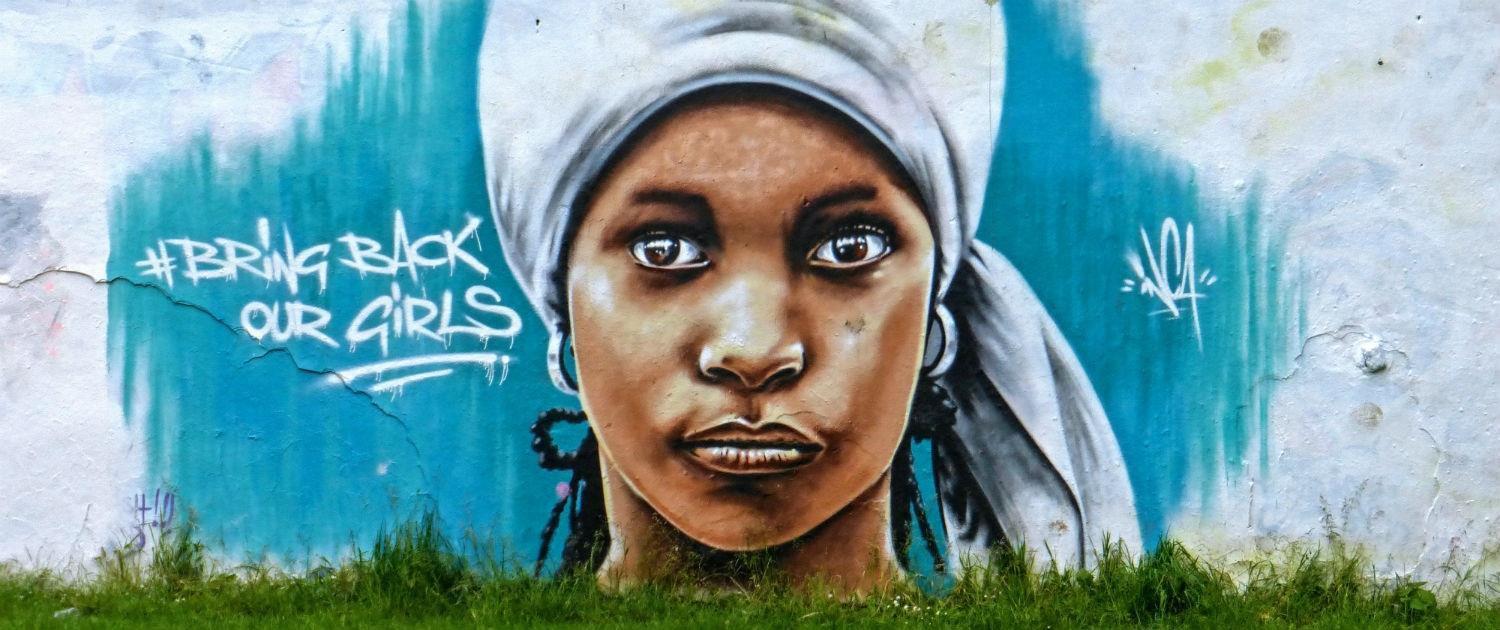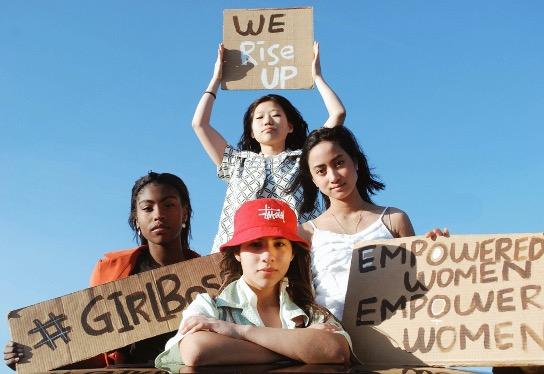In more ways than one, I can say that social interaction these days is filled with ideologies about gender wars. I’m particularly referencing my immediate environment where almost every interaction borders on the girl-boy thing. Is it fair? Is it right? Is it just?These are the questions constantly asked. Like most other people, when we come into a social space with another gender we want to be sure that the way they are talking to us, addressing us, or treating us is in line with what we expect to be right. I pretty much function in this way during any social interaction, and as I have grown older I have increased the processes for data gathering and analysis when interacting with the opposite gender.
I am currently reading a book by Mark Mason where I discovered the Blue Dot Effect on page 120. I hadn’t ever heard of it until this week hence it has given me extra lenses with which to understand the world around me and re-interpret the feminist narrative I subscribe to. I saw a connection to the Blue Dot Effect and how this can be applied to many brands of feminism. Just so we are clear, this is my own brand of feminism:
I do not believe that women are better than men, and I also do not believe that men are better than women. It is like trying to say apples are superior to oranges or vice versa when it is obvious that both fruits are great and highly appreciated for their different qualities. Their strengths lie in their individual capacities and not in their comparable abilities. To put this in context, the long-standing traditions of the world may have named men as stronger (thus) better than women because they developed more physical strength for hard labor with their hands. This was what the world needed centuries ago. Besides, a man’s work or career isn’t interrupted by five years of pregnancy, breastfeeding, and toddler development. By the time a woman has blocked off five years of her life trying to procreate (in the ideal sense) a man would have advanced in his career or education. I feel this has contributed to the underdevelopment of the female gender and stood the way of demonstrating a woman’s strengths in times past.
Knowledge is evolving and emotional intelligence is becoming a “thing”. The most impactful jobs in the world today are the ones that leverage cognitive skills and emotional intelligence, something that women have in more supply than men. Not only did procreation and motherhood give women skills like multitasking and the ability to interpret and understand emotions in a way that men can’t, but they also helped women develop an extra set of brain muscles. Where men focused on the physical, women focused on the cognitively emotional aspect of their strengths. Now that augmented reality, machine learning, automated manufacturing, and artificial intelligence have come to stay, it is obvious that women are claiming more seats around the global high table. This also means that the metrics and indices through which we measure gender roles and gender strength have to be re-evaluated.
However, the concept of women being more emotionally intelligent than men reifies gender norms. I do not believe that women developed this muscle because of nature. Rather, the societal role of nurturing infants, homes, and men forced women to become emotionally adept. That being said, it means that if men chose to be more nurturing of infants, homes, and women, they could become as emotionally intelligent as women, or even more.
Now that I have explained my brand of feminism, I’d like to acknowledge that there are other brands of feminism and that all brands of feminism can be infected by the Blue Dot Effect. On Saturday, I was on a date with a man to see the premiere of James Bond’s 007 movie titled No Time To Die. We missed the start because we were having an intellectual debacle on how feminism was sabotaging itself. Earlier in the day, I had been cheated by my FX exchanger hence my date offered to buy me ice cream to cheer me up. I told him not to offer me ice cream because I am not a child. Perplexed, he asked why I would think that he thought of me as a child. I went on to explain to him that ice cream was something you offered children when you want to cheer them up. By offering me ice cream, he was infantilizing me as someone whose anger is simplistic, someone whose concerns should be overlooked or wished away, and by extension someone who cannot think or decide for herself. I thought he should have asked me what I would like to have, instead of choosing for me.
He was shocked. Very shocked. He said he had offered ice cream to cheer me up because he assumed it is what women want. That was as far as his understanding of appeasing a woman’s emotions could go. Though it is his intention that is most applicable in this case, I still see an opportunity to educate him on the infantilization of adult professional women which is so very common today. In my past, when other men offered me ice cream, it was their own way of sneering at me, jeering at me subconsciously. It was their own way of saying that I am a girl and not a woman or that I lacked a mature sense of self to choose what I wanted. They did not ask me what I wanted; they just gave me ice cream. In essence, I was attacking my date while he was trying to support my emotions albeit with the wrong methodology. I was applying the Blue Dot Effect and many of us do it. Heck! Serena Williams is even rumored to have done it.
The maxim that not everyone who shits on you is your enemy, is apt in this case. There are quite a number of men today willing to enlist as mercenaries in the battle between feminism and patriarchy. For quite a number of millennial men, patriarchy is becoming a burden and they would be grateful if feminists helped them carry some of the load. They are campaigning for gender equality too. It is imperative to note that sometimes, our unconscious mind will act in a familiar way and continue to revert to subconscious patterns because we have not interrogated the narrative it imbibed in childhood. We are born with blank minds hence, as we morph into adulthood our identity is crafted from a sum up of our experiences. These experiences go ahead to colour the way we engage with and interpret all social interactions with the world.
As with the Blue Dot Effect case with my date, we need to critically analyze social interactions objectively so that we can see clearly in our quest for gender equality and social inclusion of women. The Blue Dot Effect meant that I went out looking for wolves where only an “unenlightened sheep” lived, and instead of attacking him, I should have shown him how to support my womanhood in a better way.





